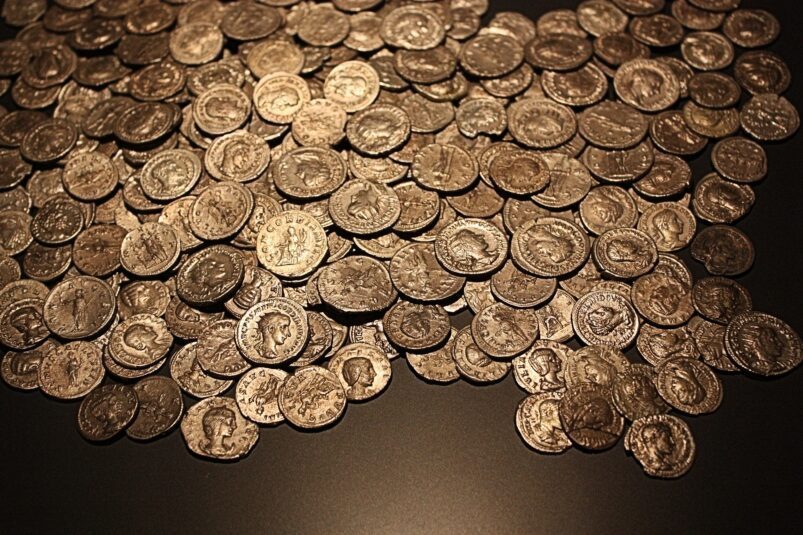Interpol announced the results of a global program targetting illicit trade of cultural goods this week, including the seizure of 9,408 cultural artefacts from around the world.
The operation – entitled “Pandora VI” – involved officials from 28 countries working across museums, online marketplaces, and auction houses to confiscate looted goods. Spanish Police led the initiative, with co-orperation from Europol, Interpol, and the World Customs Organization.
French customs seized a staggering 4,231 archaeological objects, including 3000 coins. One individual had looted a variety of objects from various sites by metal detecting. Detecting is a controversial topic: for example, it is easy to obtain permission to metal detect in England, whereas it is mostly forbidden in EU countries. Interpol notes that metal detectors are a hot commodity for people intending to loot objects for the black market, and they are commonly confiscated by border officials.
One notable object was a 13th century processional cross that had been stolen in 2016 from a Romanian church museum. A match on Interpol’s stolen art database allowed the object to be recovered and returned to where it was originally housed.
Operation Pandora was launched in 2016, and runs annually over the summer months. Since the inception of the project, over 400 arrests have been made, and around 150,000 objects have been confiscated by officials. Investigations from previous years are ongoing.
Read the full report from Interpol here.

